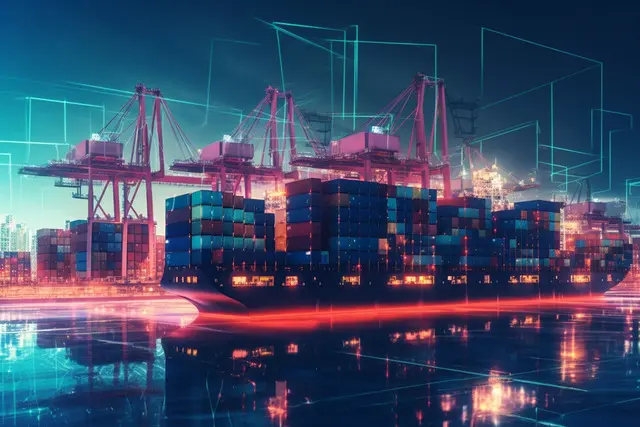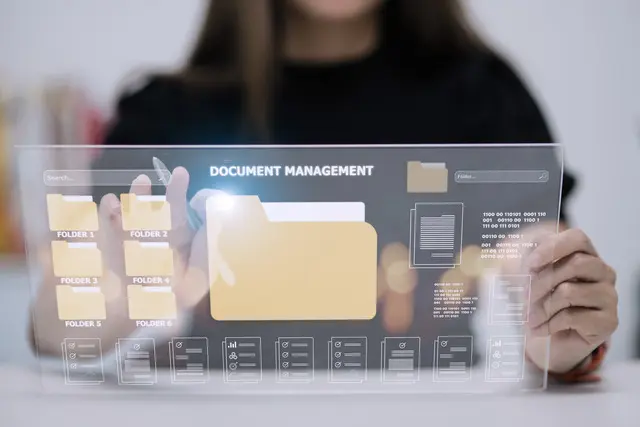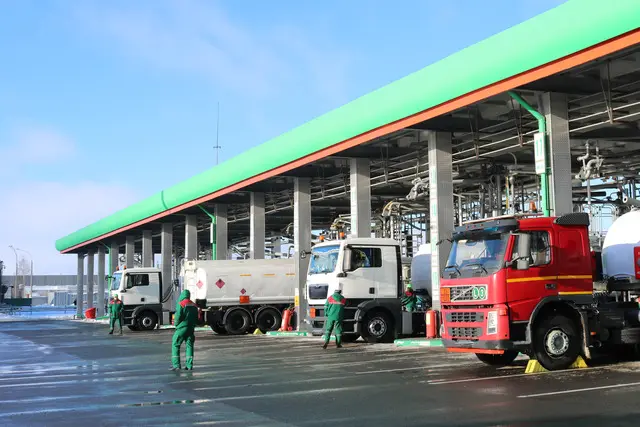Empowering Supply Chains: Intelligent Compliance Documentation Automation
The supply chain industry faces a significant challenge in ensuring the accuracy and timeliness of compliance documentation. Bills of lading, customs declarations, and certificates of origin are critical documents that facilitate seamless border crossings and prevent delays. Traditional methods of managing these documents are prone to errors and inefficiencies.
To address this challenge, Intelligent Compliance Documentation Automation emerges as a transformative solution. By leveraging the power of Python, Artificial Intelligence (AI), and cloud-based platforms, businesses can streamline and automate this critical process. This innovative approach not only reduces the risk of errors but also significantly enhances efficiency, enabling supply chains to operate with greater agility and precision.

Python, AI, and Cloud: The Power Trio for Compliance Documentation Automation
Unattended Bots: Automating Repetitive Tasks
Python’s versatility extends to the development of unattended bots, which can automate repetitive tasks in compliance documentation automation. These bots can be programmed to:
- Extract data from various sources, such as spreadsheets, databases, and emails.
- Validate data against predefined rules and regulations.
- Generate compliance documents, such as bills of lading, customs declarations, and certificates of origin.
By automating these tasks, unattended bots eliminate the risk of human error and significantly improve processing speed.
Attended Bots: Empowering Human Workers
Attended bots work alongside human workers, providing real-time assistance and automating specific tasks within the compliance documentation process. Built with Python, these bots offer a high level of customization, enabling businesses to tailor them to their specific needs.
For instance, attended bots can:
- Guide users through complex compliance procedures.
- Provide instant access to relevant documentation and regulations.
- Automate data entry and validation, reducing the risk of errors.
Cloud Platforms: Orchestrating Automation at Scale
Cloud platforms offer a comprehensive suite of tools and services that empower businesses to orchestrate automation at scale. Compared to traditional RPA/workflow tools, cloud platforms provide:
- Enhanced scalability: Easily scale automation processes to handle fluctuating workloads.
- Powerful orchestration capabilities: Coordinate complex automation workflows across multiple systems and applications.
- Seamless integration: Integrate with existing IT infrastructure and third-party applications.
AI: Enhancing Accuracy and Handling Edge Cases
AI techniques, such as image recognition, natural language processing (NLP), and generative AI, can significantly enhance the accuracy and capabilities of compliance documentation automation systems.
- Image recognition: Automate the extraction of data from scanned documents, such as bills of lading and customs declarations.
- NLP: Analyze and interpret unstructured text, such as regulations and contracts, to ensure compliance.
- Generative AI: Generate compliant documentation automatically, saving time and reducing the risk of errors.
By leveraging the power of AI, businesses can automate even the most complex and edge-case scenarios, ensuring the accuracy and completeness of their compliance documentation.

Building the Compliance Documentation Automation: A Step-by-Step Guide
1. Process Analysis and Design
Begin by thoroughly analyzing the existing compliance documentation process, identifying each sub-process and its dependencies. This will serve as the foundation for designing an automated workflow.
2. Data Extraction and Validation
Utilize Python’s data extraction capabilities to pull data from various sources, such as spreadsheets, databases, and emails. Implement robust validation rules to ensure the accuracy and completeness of the extracted data.
3. Document Generation
Leverage Python’s templating libraries to generate compliance documents, such as bills of lading, customs declarations, and certificates of origin. Ensure that these templates are compliant with industry standards and regulations.
4. Integration with Cloud Services
Integrate your automation with cloud services, such as cloud storage and workflow orchestration platforms. This will provide scalability, reliability, and seamless integration with other business systems.
5. Security and Compliance
Prioritize data security and compliance throughout the automation development process. Implement encryption, access controls, and audit trails to protect sensitive information and ensure regulatory compliance.
Python vs. No-Code RPA/Workflow Tools
While no-code RPA/workflow tools offer a low-code/no-code approach, they often lack the flexibility and customization capabilities of Python. Python provides:
- Greater control: Developers have full control over the automation process, enabling them to tailor it to specific business requirements.
- Enhanced scalability: Python-based automations can be easily scaled to handle large volumes of data and complex workflows.
- Integration with other systems: Python’s extensive library ecosystem makes it easy to integrate with a wide range of third-party applications and systems.
Algorythum’s Approach: Client-Centric Automation
Algorythum takes a client-centric approach to automation, recognizing the limitations of off-the-shelf platforms. Our Python-based solutions are tailored to meet the unique needs of each client, ensuring optimal performance and scalability. We prioritize:
- Customization: Developing custom automations that align precisely with business processes.
- Optimization: Continuously optimizing automations to maximize efficiency and minimize errors.
- Support: Providing ongoing support and maintenance to ensure the smooth operation of the automation.

The Future of Compliance Documentation Automation
The future of compliance documentation automation holds exciting possibilities for enhancing the proposed solution and revolutionizing the supply chain industry. By embracing emerging technologies, businesses can further streamline their processes and achieve even greater efficiency and accuracy.
Integration with Blockchain
Integrating compliance documentation automation with blockchain technology can provide enhanced security and transparency. Blockchain’s immutable ledger can serve as a secure repository for compliance documents, ensuring their authenticity and preventing unauthorized alterations.
Advanced AI Techniques
Advanced AI techniques, such as machine learning and deep learning, can improve the accuracy and efficiency of compliance documentation automation. These techniques can be used for:
- Document classification: Automatically categorizing and classifying compliance documents based on their content.
- Data extraction: Extracting data from complex and unstructured documents, such as contracts and regulations.
- Predictive analytics: Identifying potential compliance risks and suggesting proactive measures.
Robotic Process Automation (RPA)
RPA bots can be integrated with compliance documentation automation systems to automate repetitive and time-consuming tasks, such as:
- Data entry: Entering data from compliance documents into enterprise systems.
- Document processing: Processing and validating compliance documents, such as invoices and purchase orders.
- Communication: Sending notifications and alerts related to compliance documentation.
Subscribe and Contact Us
To stay updated on the latest advancements in compliance documentation automation and other industry-specific automation solutions, subscribe to our newsletter.
For a free feasibility assessment and cost estimate tailored to your specific requirements, contact our team of experts today. Let us help you unlock the full potential of compliance documentation automation and transform your supply chain operations.

Algorythum – Your Partner in Automations and Beyond
At Algorythum, we specialize in crafting custom RPA solutions with Python, specifically tailored to your industry. We break free from the limitations of off-the-shelf tools, offering:
- A team of Automation & DevSecOps Experts: Deeply experienced in building scalable and efficient automation solutions for various businesses in all industries.
- Reduced Automation Maintenance Costs: Our code is clear, maintainable, and minimizes future upkeep expenses (up to 90% reduction compared to platforms).
- Future-Proof Solutions: You own the code, ensuring flexibility and adaptability as your processes and regulations evolve.









